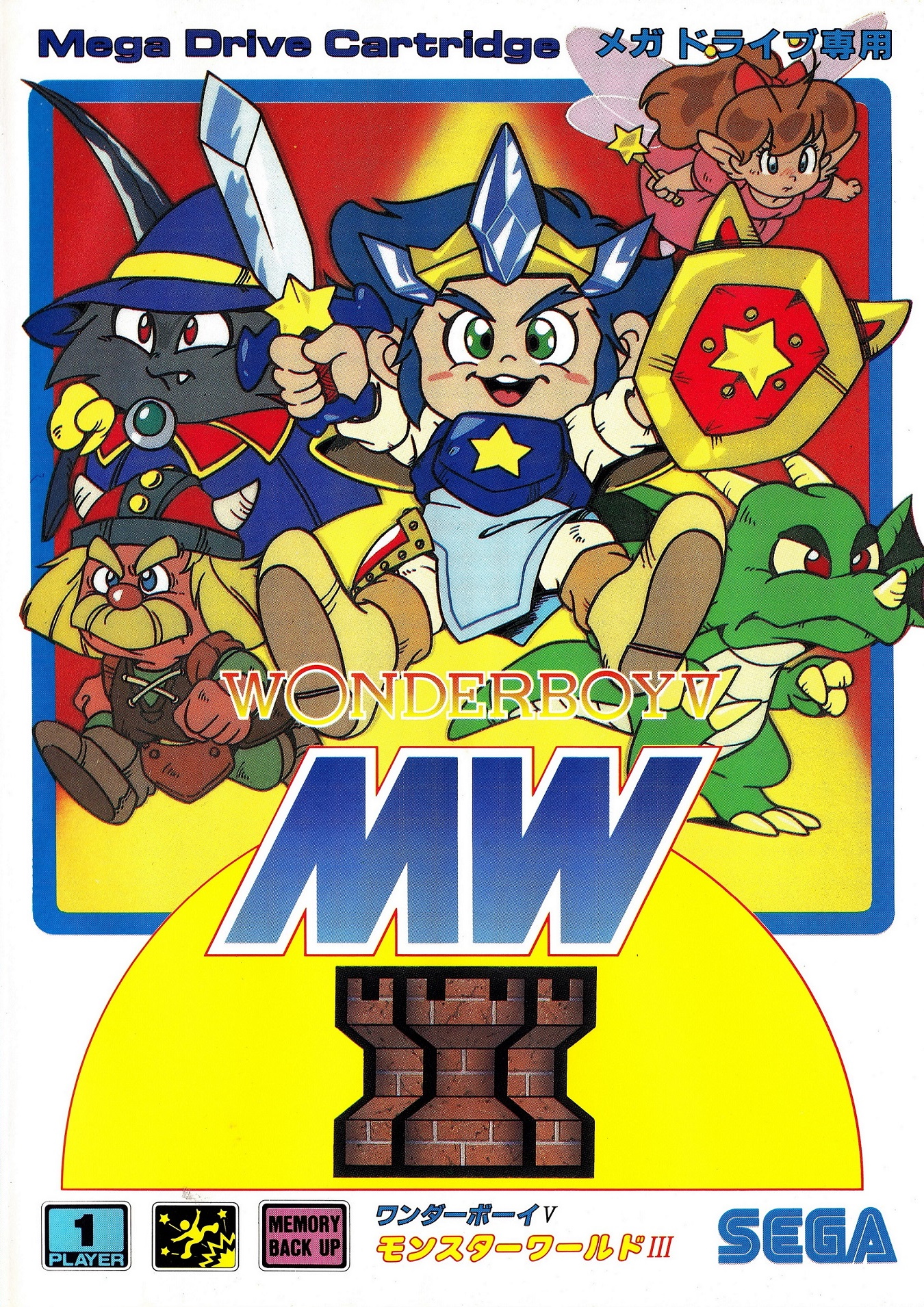

Our bookshops swarm with delectably illustrated cook-books, opposite shelves of diet-books. Nowadays, at least in the First World enclave, our food fetish has gone negative: for most of us, food is far too available, far too tempting, far too dangerous. William Langland’s great medieval poem, “Piers Plowman”, is vague if dour about vanity and lust, but to the sin of gluttony it speaks with passionate and specific detail, invoking a society where spring doesn’t mean admiring the pear blossom but hunting desperately for the first green vegetable shoots. When the climate changed in Orkney, they opened the top of the Tomb of the Eagles and filled in the centuries-old community temple, a mute testament to the despair of people who felt themselves abandoned, literally, to death.īefore the Industrial Revolution, very little changed.

As for Neolithic farmers, those enormous stoneworks speak as much fear as reverence: they were at famine's mercy, and they knew it. Lacking food storage, the now idealized Palaeolithic hunter-gatherers were little safer. But food? If the food ran out, and you couldn't find more, you fell off the human family tree for good. Millions of Australopithecoid generations didn’t need shelter, expected seasonal sex, and maybe drew moisture from food, as gorillas still do. Once upon a time, food must have been the most important thing in everyone's lives.


 0 kommentar(er)
0 kommentar(er)
